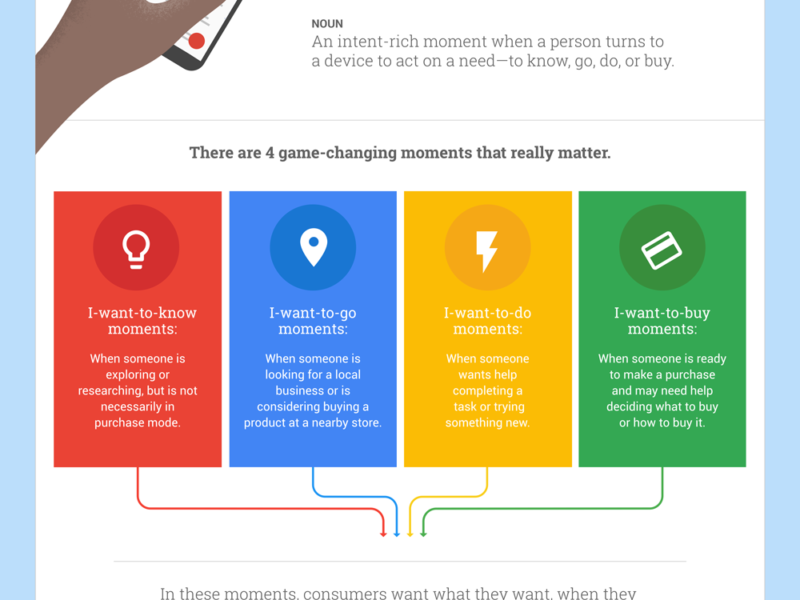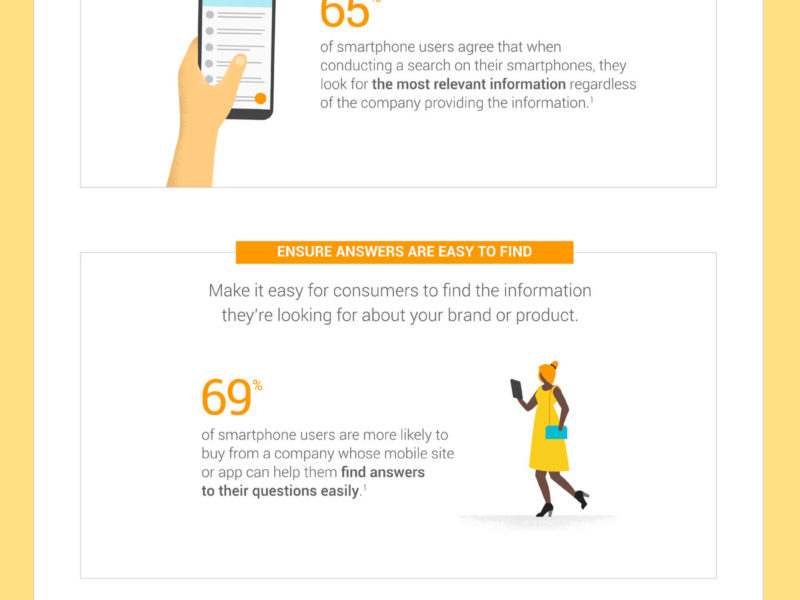In the rapidly evolving landscape of digital marketing, mobile marketing has emerged as a dominant force, revolutionizing how businesses reach and engage with their audiences. However, with this evolution comes a host of privacy and security challenges that marketers must navigate carefully. Understanding these challenges is crucial for maintaining consumer trust and ensuring compliance with regulations.
Understanding Privacy Concerns
 One of the most significant privacy concerns in mobile marketing is the collection and use of personal data. Mobile devices, by their very nature, are personal, often carrying an extensive array of personal information about users. Marketers frequently rely on this data—such as location, browsing habits, and app usage—to tailor personalized marketing campaigns. However, the collection of such data raises concerns about how it’s stored, shared, and used. Consumers are increasingly aware of how their data is collected and are demanding more transparency and control over their information. For marketers, this means adopting stringent data privacy policies, being transparent about data usage, and ensuring that they obtain explicit consent from users before collecting any personal information. Respecting user privacy is not only a regulatory requirement but a vital component in building and maintaining brand trust.
One of the most significant privacy concerns in mobile marketing is the collection and use of personal data. Mobile devices, by their very nature, are personal, often carrying an extensive array of personal information about users. Marketers frequently rely on this data—such as location, browsing habits, and app usage—to tailor personalized marketing campaigns. However, the collection of such data raises concerns about how it’s stored, shared, and used. Consumers are increasingly aware of how their data is collected and are demanding more transparency and control over their information. For marketers, this means adopting stringent data privacy policies, being transparent about data usage, and ensuring that they obtain explicit consent from users before collecting any personal information. Respecting user privacy is not only a regulatory requirement but a vital component in building and maintaining brand trust.
Navigating Security Challenges
Security is another critical aspect of mobile marketing that cannot be overlooked. The increasing sophistication of cyber threats poses significant risks to both marketers and consumers. Security challenges can range from data breaches, where sensitive customer information is leaked, to the exploitation of mobile app vulnerabilities by hackers. Such incidents can not only result in financial losses but can severely damage a brand’s reputation. To mitigate these risks, businesses must invest in robust security measures. This includes encrypting sensitive data, regularly updating apps to patch vulnerabilities, and employing advanced threat detection systems. Additionally, marketers should work closely with app developers to ensure that their applications adhere to the highest security standards. By prioritizing security, businesses can safeguard their data and maintain customer confidence.
Regulatory Compliance and Ethical Practices

Compliance with data protection regulations is paramount in addressing privacy and security challenges in mobile marketing. Laws such as the General Data Protection Regulation (GDPR) in Europe and the California Consumer Privacy Act (CCPA) in the United States set stringent guidelines for data collection and usage. Non-compliance can result in hefty fines and legal repercussions. Thus, marketers must stay informed about regulatory changes and ensure that their practices align with legal requirements. Beyond legal compliance, adopting ethical data practices is essential. This means taking a consumer-first approach, where companies prioritize the privacy and security of their users over aggressive data collection practices. By doing so, businesses not only comply with the law but also build stronger, more trust-based relationships with their consumers.
In conclusion, while mobile marketing presents immense opportunities, it also poses significant privacy and security challenges. By addressing these challenges head-on through transparency, robust security measures, and compliance with regulations, marketers can create a secure and trustworthy environment for their users.




